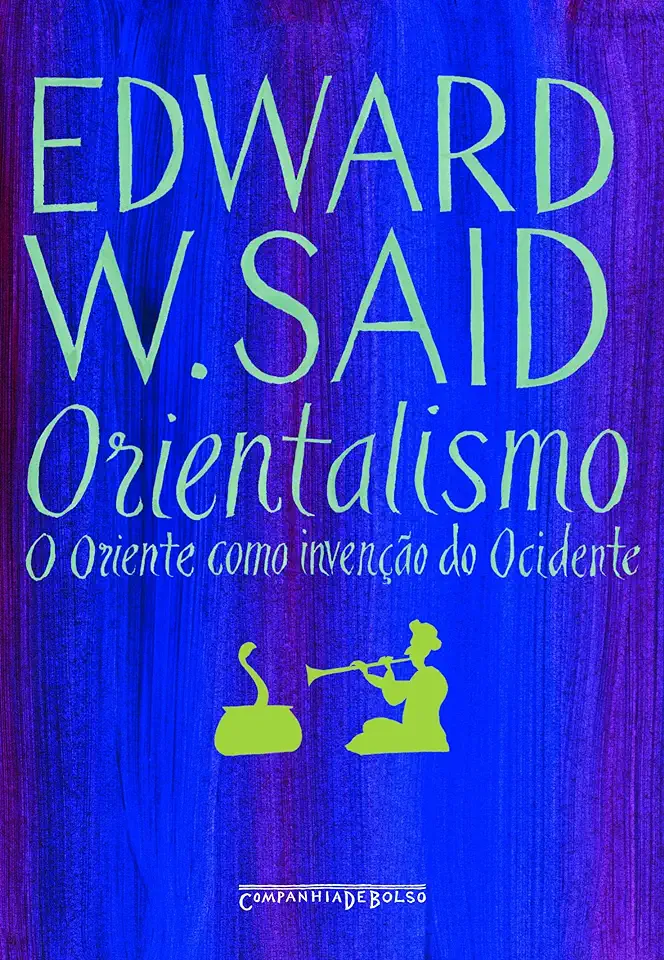
Orientalism - The Orient as Invention of the West - Edward W. Said
Orientalism: Unveiling the West's Constructed Image of the East
In his groundbreaking work, "Orientalism," Edward W. Said embarks on a profound exploration of the intricate relationship between the West and the Orient, shedding light on the ways in which Western societies have constructed and perpetuated a distorted and exoticized image of the East. Through a meticulous analysis of literary, cultural, and historical texts, Said argues that Orientalism is not merely a neutral body of knowledge, but rather a complex system of power that has shaped Western perceptions, policies, and actions towards the East.
Deconstructing the Myth of the Orient
Said begins by deconstructing the very notion of the Orient, revealing it to be a Western construct that has little to do with the actual realities of Eastern societies. He argues that the Orient has been portrayed as a static, unchanging entity, defined in opposition to the dynamic and progressive West. This binary opposition has served to justify Western domination and control over the East, perpetuating a sense of superiority and otherness.
Power Dynamics and Cultural Hegemony
Said delves into the power dynamics that underpin Orientalism, demonstrating how Western scholarship, literature, and art have played a crucial role in shaping public opinion and policy towards the East. He argues that Orientalism has served as a tool of cultural hegemony, allowing the West to assert its dominance and legitimize its colonial endeavors. By portraying the East as backward, irrational, and in need of Western guidance, Orientalist discourse has justified Western intervention and control.
The Impact on Eastern Societies
The consequences of Orientalism are far-reaching and have had a profound impact on Eastern societies. Said highlights how Orientalist representations have contributed to the marginalization and misrepresentation of Eastern cultures, undermining their agency and self-determination. He argues that Orientalism has perpetuated stereotypes and prejudices, hindering genuine understanding and dialogue between the East and the West.
Towards a New Understanding
Said concludes by calling for a critical reexamination of Orientalism and its enduring legacy. He urges scholars, policymakers, and the general public to challenge the prevailing narratives and stereotypes that have shaped Western perceptions of the East. By deconstructing Orientalism, we can pave the way for a more nuanced and respectful understanding of Eastern cultures, fostering genuine dialogue and cooperation between the East and the West.
Why You Should Read "Orientalism"
"Orientalism" is a seminal work that has revolutionized the study of cultural representation and power dynamics. Edward W. Said's insightful analysis provides a critical lens through which to examine the complex relationship between the West and the East, challenging us to question our own assumptions and biases. By engaging with "Orientalism," readers will gain a deeper understanding of the ways in which power and knowledge are intertwined, and will be inspired to critically evaluate the narratives that shape our perceptions of the world.
A Must-Read for Scholars, Policymakers, and Global Citizens
"Orientalism" is a must-read for scholars, policymakers, and global citizens alike. Its profound insights into the power dynamics of cultural representation are essential for anyone seeking to understand the complexities of international relations, cultural diversity, and the pursuit of a more just and equitable world. By challenging the dominant narratives of Orientalism, we can work towards building bridges of understanding and cooperation between the East and the West, fostering a more harmonious and interconnected global community.